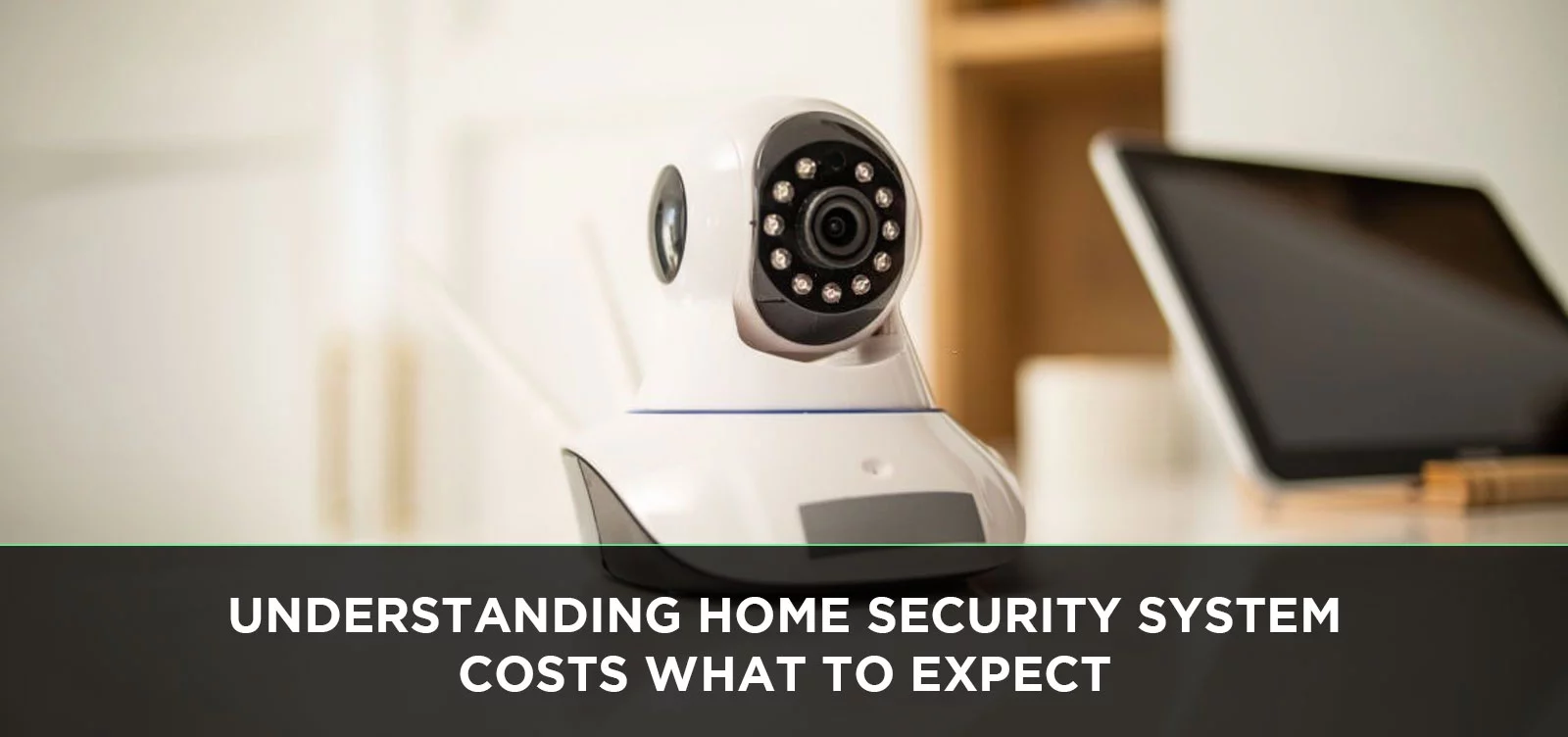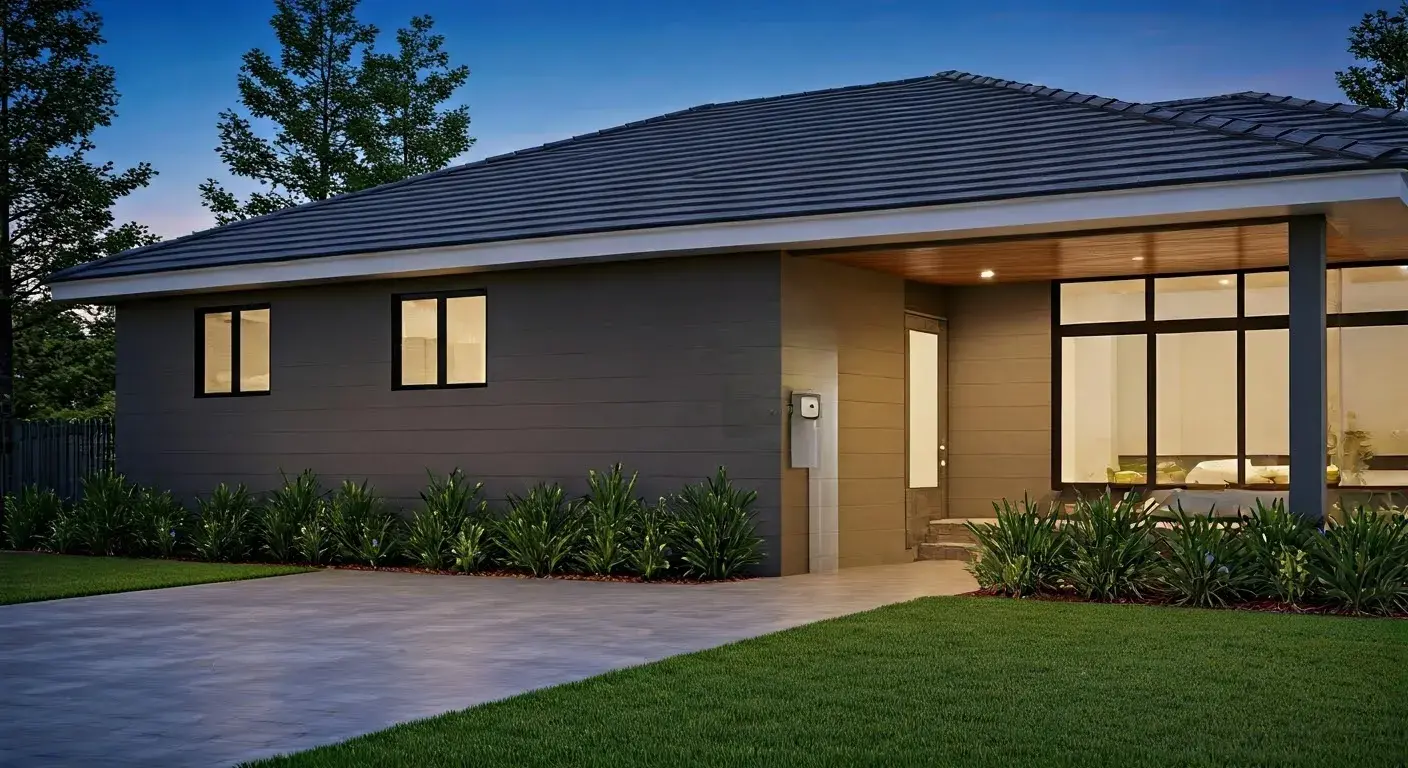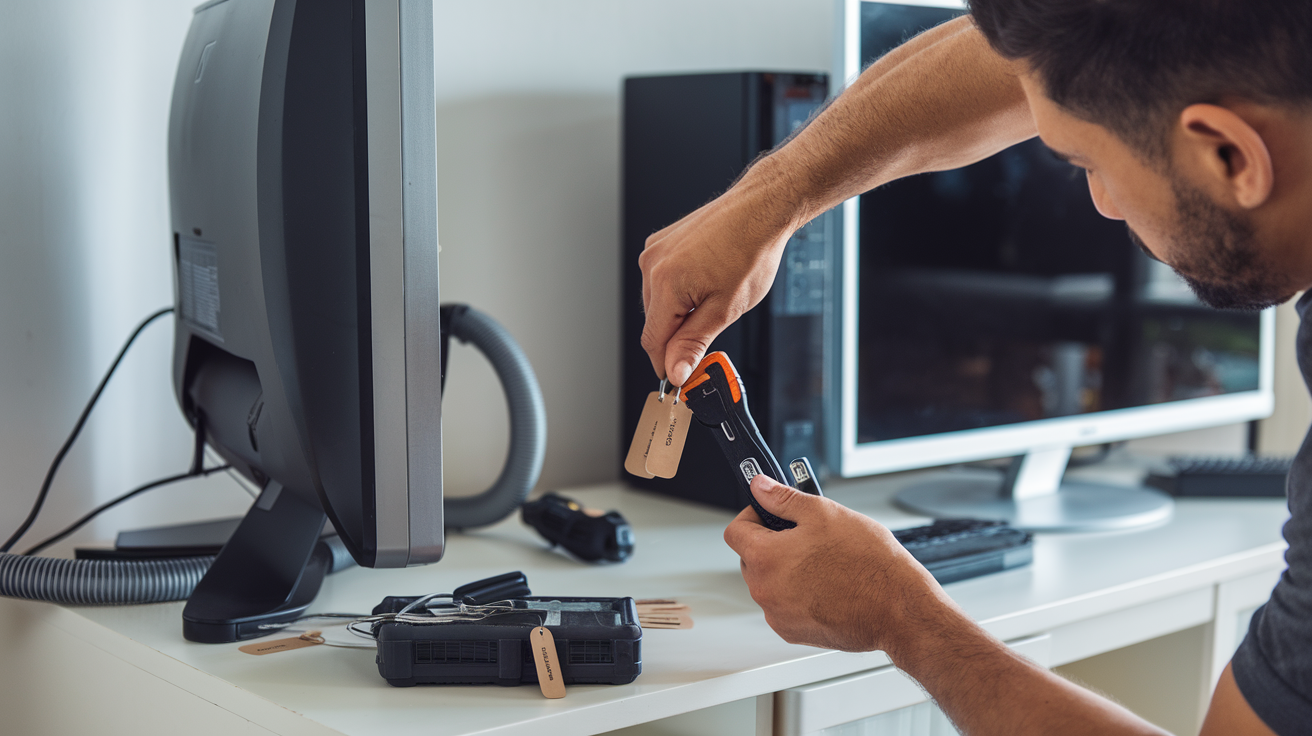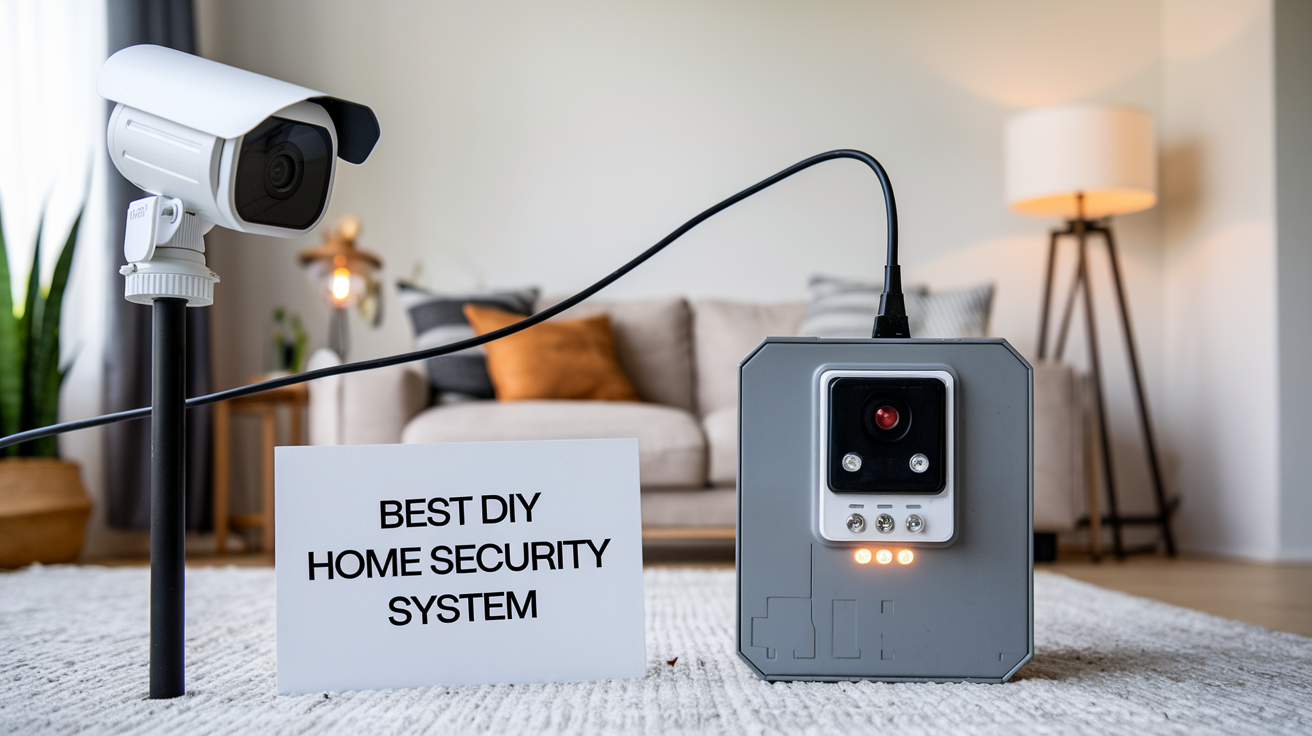Home security systems have become a crucial investment in ensuring the safety and protection of our homes. However, understanding the costs associated with these systems can be overwhelming. In this, we will dive into the factual data surrounding home security system costs and provide insights on what you can expect. Whether you're considering installing a new system or looking to upgrade your current setup, this information will help you make informed decisions and ensure the security of your home.
What is Home Security System?
A home security system is an essential investment in ensuring the safety and security of your house and loved ones. This sophisticated system combines a variety of technologies to prevent break-ins, monitor potential threats, and alert you and the authorities in case of an emergency.
How does Home Security System work?
A home security system typically consists of multiple components, including sensors, cameras, control panels, and alarms. These devices work in tandem to create a comprehensive security network. Motion sensors detect any movement within your property, while door and window sensors alert you if anyone tries to enter forcefully. Surveillance cameras provide a constant visual feed of your premises, which you can access remotely through your smartphone or computer. In case of a breach, an alarm is triggered to deter intruders and alert you, as well as a security company or emergency services if needed.
1. Sensors: The system uses motion sensors, door/window sensors, and glass break detectors to detect any unauthorized entry into the property. These sensors are triggered when they sense movement or a break-in attempt.
2. Cameras: Surveillance cameras provide constant monitoring inside and outside the house. These cameras can be accessed remotely via a smartphone or computer, allowing homeowners to keep an eye on their property at all times. They also provide evidence in case of a break-in or other incidents.
3. Control panel: The control panel serves as the central hub of the security system. It allows homeowners to arm or disarm the system, customize settings, and receive alerts and notifications. Some advanced control panels even support home automation functionality.
4. Alarms: When a sensor is triggered, the security system activates an audible alarm to alert the occupants and deter intruders. The alarm can be set to different sound levels, and some systems also include silent alarms that alert the monitoring center directly.
5. Monitoring: Many home security systems offer professional monitoring services. This means that when an alarm is triggered, a monitoring center is notified and takes immediate action, such as contacting the homeowner or dispatching emergency services if necessary.
6. Mobile app: Most modern home security systems come with a mobile app that allows homeowners to control and monitor their systems remotely. Through the app, users can receive real-time notifications, access live camera feeds, and even control other smart devices integrated into the system.
Benefits of a Home Security System
1. Enhanced Safety and Protection:
- A home security system provides round-the-clock monitoring and helps deter potential burglars or intruders.
- Motion sensors, door/window sensors, and surveillance cameras offer robust protection, ensuring the safety of your home and loved ones.
- The alarm system can quickly alert you and the authorities in case of emergencies, such as fires or medical incidents.
2. Peace of Mind:
- Having a home security system in place offers peace of mind, whether you're at work, on vacation, or simply sleeping at night.
- Knowing that your home is being monitored and protected provides reassurance and reduces anxiety about potential break-ins or other security threats.
3. Remote Monitoring and Control:
- With modern home security systems, you can monitor your property remotely using smartphone apps or web interfaces.
- Check live video feeds, receive push notifications, and control door locks or thermostats from anywhere, ensuring that your home is safe even when you're away.
4. Insurance Benefits:
- Many insurance companies offer discounts on homeowner's insurance premiums for having a home security system.
- By investing in a security system, you not only protect your belongings but also save on insurance costs in the long run.
5. Home Automation Integration:
- Home security systems often integrate with smart home devices, allowing you to create a cohesive and automated ecosystem.
- Connect your security system with smart lights, smart locks, and other devices to enhance convenience, energy efficiency, and overall home management.
How Much Does Home Security System Cost?
According to industry experts, the cost of a home security system can vary depending on various factors such as the size of the property, the level of protection desired, and the specific features included in the system. On average, the installation and equipment costs for a basic home security system can range from $200 to $1,500. This typically includes the installation of the control panel, sensors for doors and windows, and a siren or alarm. Additional costs may be incurred for extra equipment such as motion detectors, security cameras, or smart home integration.
Monthly monitoring fees are also a consideration when budgeting for a home security system. These costs typically range from $20 to $60 per month, depending on the level of service and features provided by the monitoring company. Higher-end systems may come with additional benefits such as remote access and smartphone control, but these might come at a higher monthly fee.
Conclusion
When considering the costs of a home security system, it is essential to evaluate the specific needs of your home, assess the features and services offered by different providers, and determine a budget that aligns with your priorities. By doing so, you can make an informed decision and choose a home security system that suits your needs and provides the level of protection you desire.
Call on (888) 805-5456 to know your home security system cost now!






